Last summer, our home was flooded with ants. We had never had a problem before but suddenly, ants everywhere. Insects repulse me, and even though I’m well aware that ants are mostly harmless, I wanted them out.
We purchased borax-based traps and littered them around our home in hopes of rapidly solving the problem. The ants flocked to the traps, and eventually, were no more.
We suspected that neighboring construction was causing the influx of ants, but ultimately, we were just happy to know they were gone. Fast forward to this year, and the ants are back. Construction next door rages on (when will it end!?) and has clearly disturbed large ant colonies that have decided to move into our home.
We’re wanting to avoid traps — even the nontoxic ones we used last year — so we are now resorting to DIY natural ant repellent solutions to rid our home of these sweets-loving creatures.
Are you curious about how to repel ants naturally? Here are 15 natural ant repellent solutions to keep them at bay and prevent them from coming near or inside your home.
Diatomaceous Earth

Diatomaceous earth is something I always have on hand as a gardener. It’s a useful substance for tackling any soft-bodied insects that have taken up residence among my edible plants. It’s composed of fossilized remnants of marine plankton and is ultra-sharp. It’s harmless to humans, but those invisible jagged edges will slice right through insects like ants.
Related Post: Diatomaceous Earth: 14 Surprising Everyday Uses
Sprinkle diatomaceous earth in areas where you believe ants might be getting into your home and any location where you’ve spotted ants around the house. You’ll need to keep up the sprinkling habit until you haven’t spotted an ant in a while.
Note that if you sprinkle diatomaceous earth outside your home, the rain will wash it away, so you may need to re-apply more often than you would indoors.
Essential Oils
While ants love sweets, they definitely do not like the smell of certain essential oils. Use high-quality essential oils as a natural ant repellent to stop them from entering your home.
Dilute essential oils with water and spray in ant-prone areas. A few known ant-banishing essential oils include peppermint, tea tree oil, and lemon eucalyptus oil. Peppermint and lemon eucalyptus oils repel ants while tea tree oil does so by killing them.
Be careful when using essential oils in homes with pets and children. Some oils are toxic to dogs and cats.
Coffee Grounds
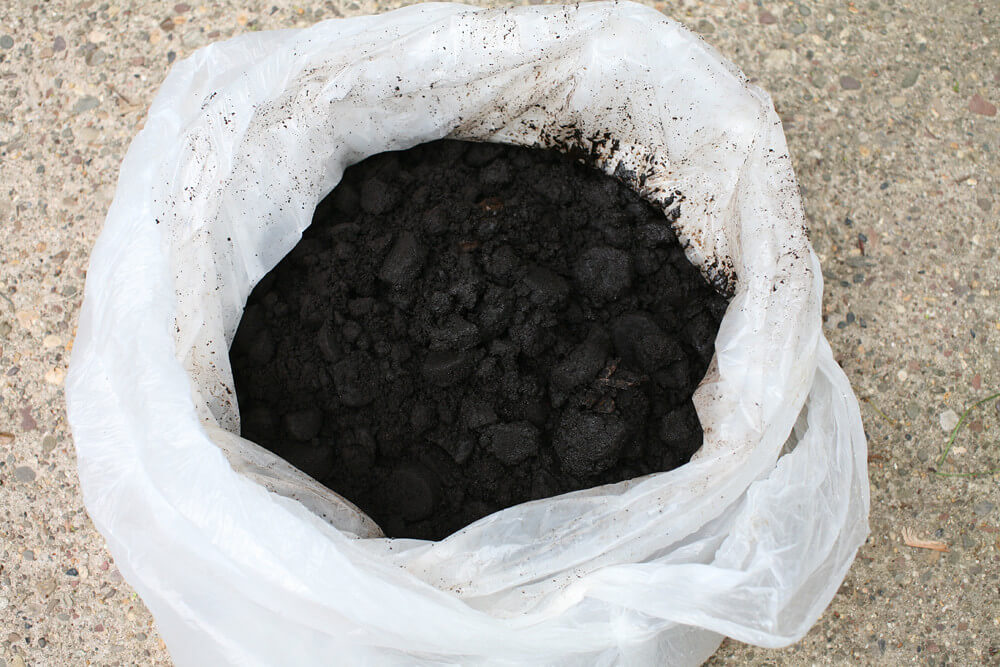
There are a lot of people who swear by using coffee grounds in the garden for several reasons. I’m a firm believer it’s a totally useless garden amendment and have yet to read any convincing evidence that points to its efficacy.
Coffee grounds do, however, work well as a natural ant repellent. Why? Ants dislike the strong scent. Another thing me and ants definitely do not have in common.
Lemon Juice

The acidic quality and strong scent of lemon juice make it the perfect antidote for an ant infestation. Dilute lemon juice with water and spray it around your home wherever you see ants. The strong acidic solution not only repels ants; it also destroys their scent trails and prevents other ants from following suit.
Chalk

This is a weird one, and it might not rectify an already present infestation, but some people swear by this technique to stop ants from entering their home. How does drawing a line of chalk around your home keep ants at bay?
There’s no solid evidence that provides an answer, but it’s possible ants just hate the smell or consistency. Either way, you’ve got nothing to lose. It’s an easy tactic with zero cost and almost no time investment required.
Peppermint Plant
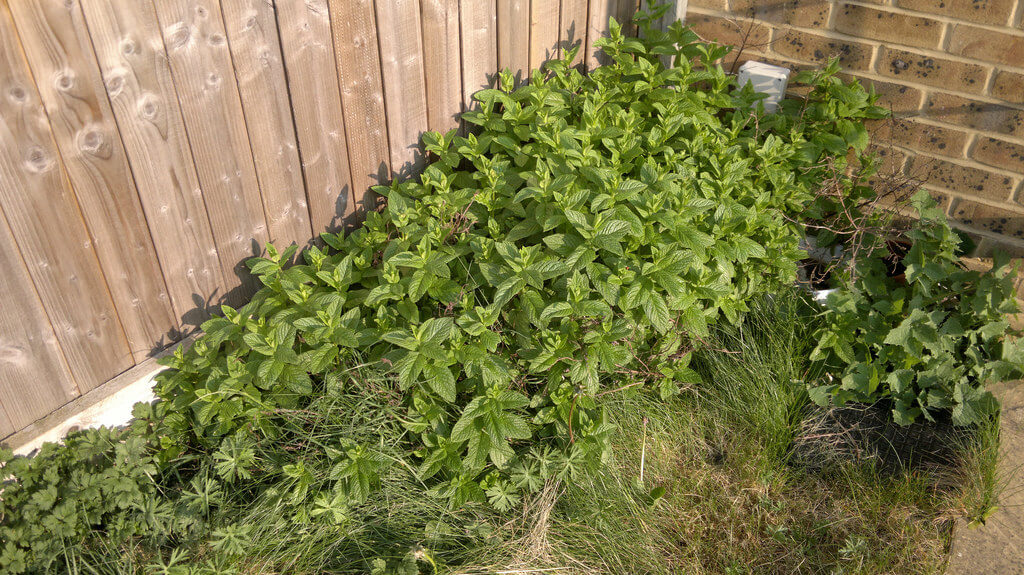
Peppermint essential oil is a natural ant repellent, and planting a peppermint plant has the same repelling effect.
Related Post: The Many Varieties of Mint
Be sure to plant mint in containers, though, as it can quickly become invasive if left to its own devices. Bring a potted mint plant indoors, or plant mint around your home to discourage ants from coming near.
Cinnamon
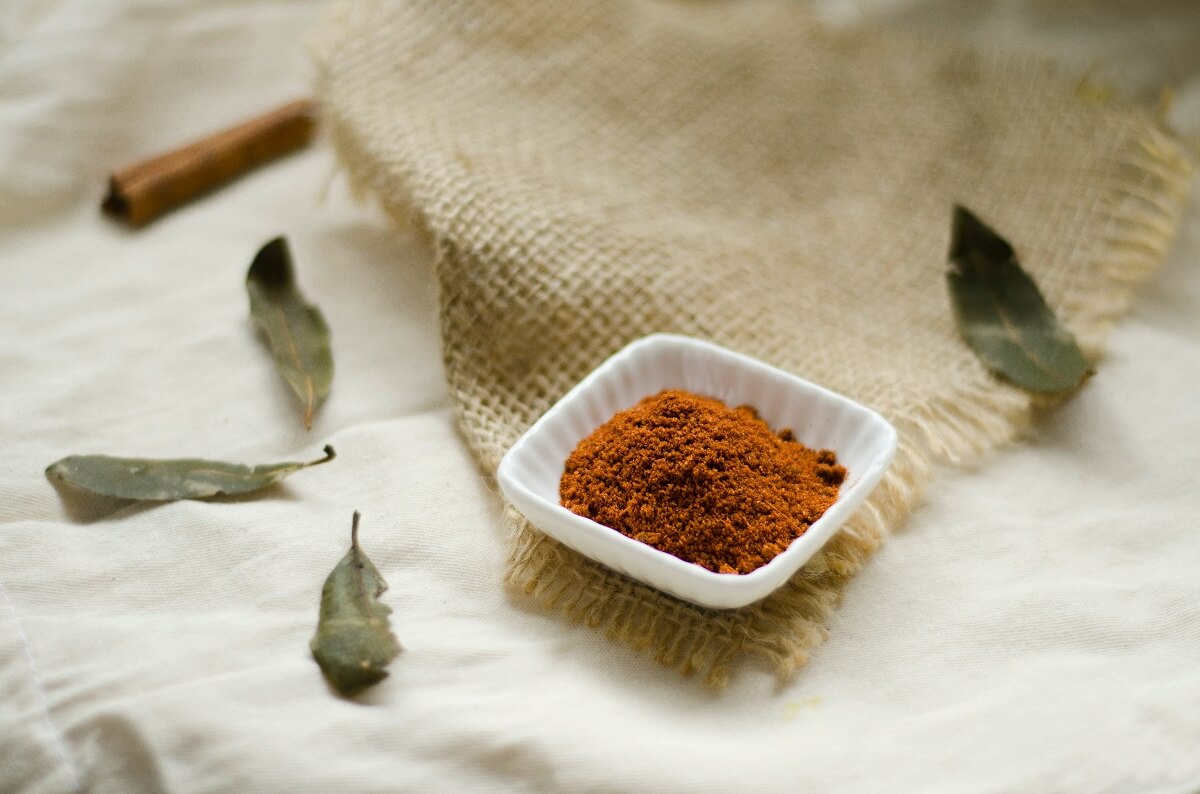
Have you heard of the cinnamon challenge? It was a dangerous challenge that made the news at one point. People were ingesting large amounts of dry cinnamon and choking on the dust. Yikes!
Cinnamon has the same dangerous choking effect on ants. The spice kills them by causing asphyxiation. Sprinkle cinnamon in ant-infested locations or wherever you spot an anthill.
Cornstarch
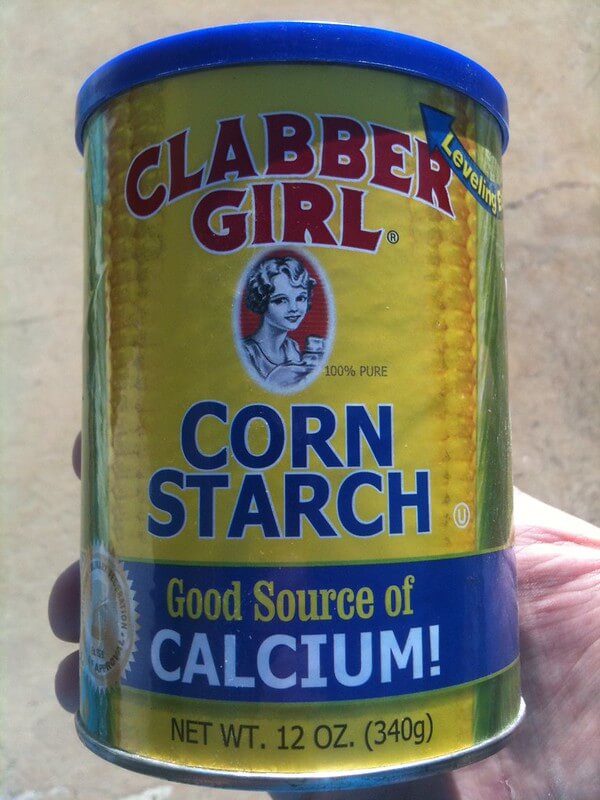
This pantry staple is an effective natural ant repellent and is nontoxic to humans and pets. How do you use it to kill ants? Sprinkle the dry powder in ant-infested areas and wait until ants have a chance to scoop up the stuff.
Once they’ve done so, spray water on the ants. If you’ve ever used cornstarch to cook, you know that once wet, it becomes very gloppy. When you spray the ants, the mixture will them as it hardens into a cement-like substance.
Borax
I can personally vouch for the effectiveness of borax as a natural ant repellent. While I purchased ready-made traps to solve my problem, it’s also possible to DIY your own.
Related Post: 12 Ingenious Everyday Borax Uses
Mix borax with a sweet substance (e.g., maple syrup or honey), and ants will flock to the solution and gobble it up. The solution kills ants, but not before they bring it back to their friends who also ingest the poison.
Vinegar
Dilute white vinegar with water (1:1 ratio) and spray your homemade solution onto ants whenever you see them in and around your home. Vinegar works as a natural ant repellent when directly applied to ants and as a deterrent when sprayed around potential access points — door frames, windowsills, etc. Vinegar doesn’t just deter ants, it washes away scent trails.
Pepper

Most everyone has black or cayenne pepper stocked in their cupboard. Use it to discourage ants from coming into your home. You can also mix either spice with water to create a spray repellent.
Cleaning Products

Soap and cleaning sprays are oft-used ingredients in my garden. I mix cayenne pepper and gentle dish soap to create spray solutions for combatting annoying pests like aphids and gnats.
Related Post: Eco-Friendly Cleaning Products
When it comes to ants, cleaning products (even natural-based ones) are your first defense against the hungry invaders. Clean often with soap to remove ant scent trails and prevent communication between ants.
Hot Water
Boil some water in a kettle or in a pot on your stovetop and voila! You have a powerful natural ant repellent and killer. If you’ve discovered anthills around your yard, simply pour scorching hot water on them to kill the ants at their source.
Citrus Peels

Like countless other insects, ants aren’t fans of strong smells. Don’t discard your orange and lemon peels. Instead, place them around your garden and inside potted plants to keep ants from moving in.
Cream Of Wheat
Some people swear by Cream of Wheat to tackle invading ants. The tasty, nutritious breakfast porridge means certain death when ingested by hungry ants. Once consumed, it apparently expands and kills them. Gross! But it’s natural — and it’s always great when a pantry item has a dual purpose.




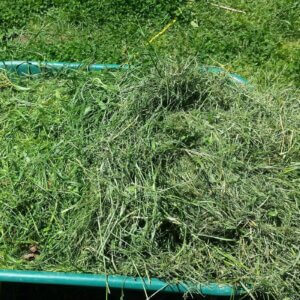

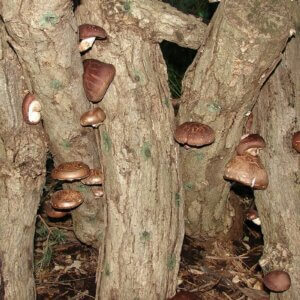




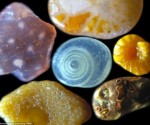





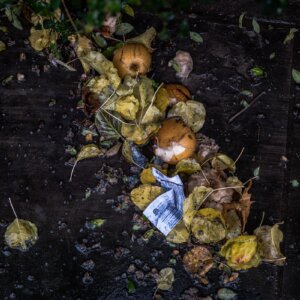
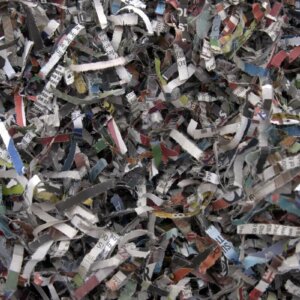



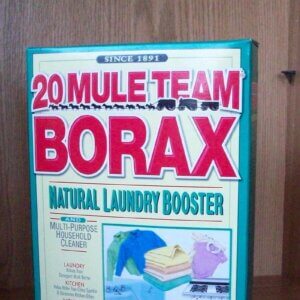
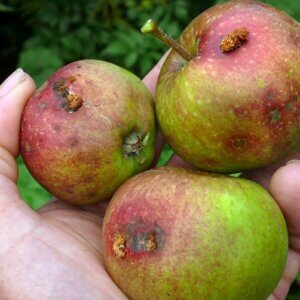
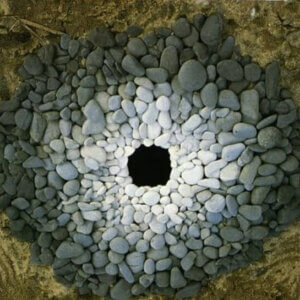

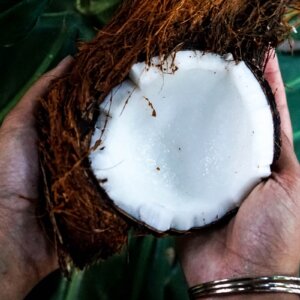

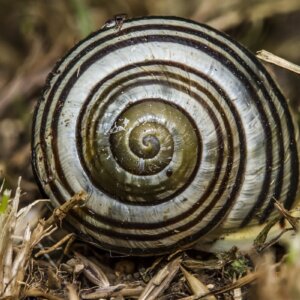


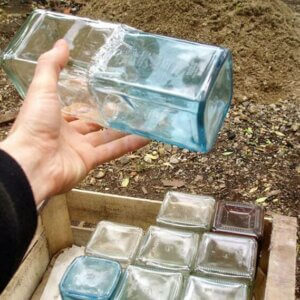



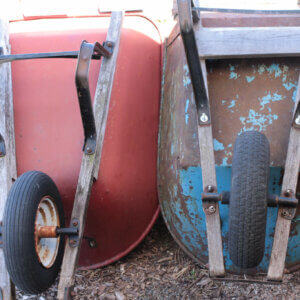


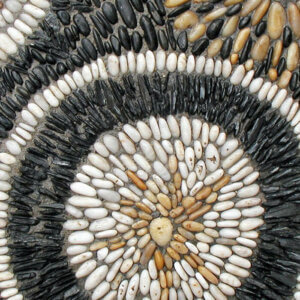

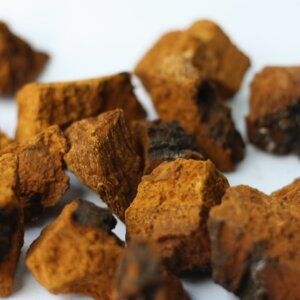

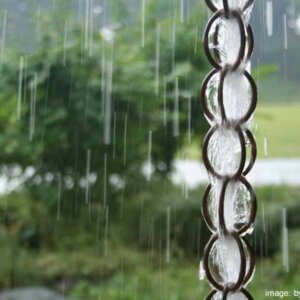
Leave a Reply